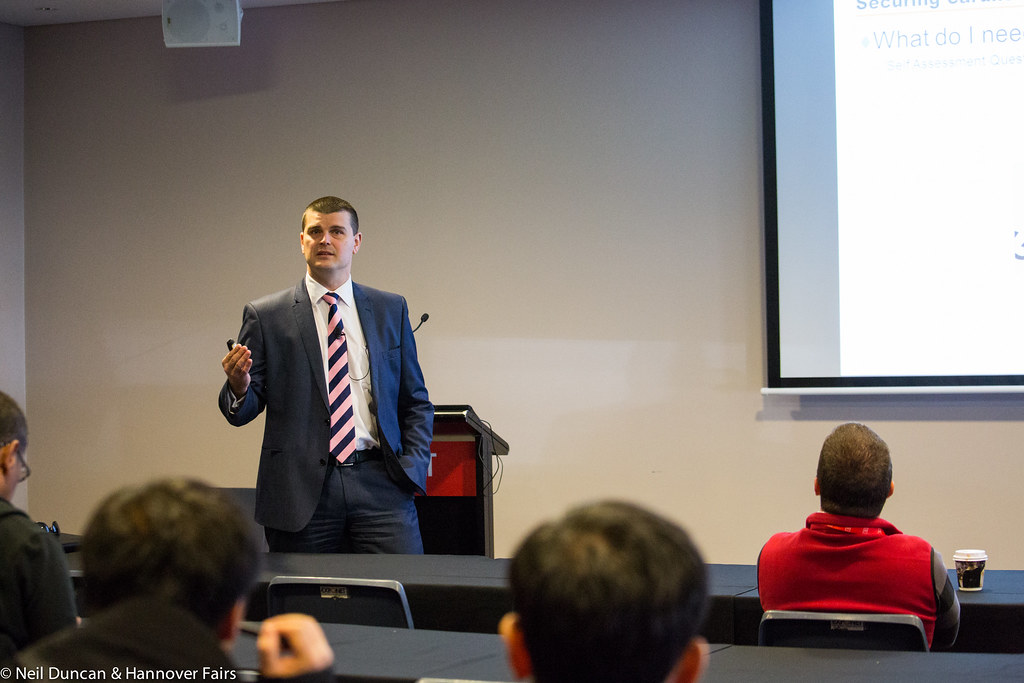Waking Up at Odd Hours

Many top achievers aren’t just early birds—they’re practically nocturnal. Apple’s Tim Cook is famous for starting his day at 3:45 a.m., and Michelle Obama reportedly rises by 4:30 a.m. Studies from the University of Toronto show that people who wake up earlier tend to be more proactive and enjoy greater career success. Some might think waking up before sunrise is extreme, but these leaders say it gives them precious quiet time to think, plan, and exercise without interruption. For them, the world feels almost magical before the rest of us are even awake. While it sounds tough, this ritual has been credited for boosting productivity and maintaining mental clarity. It’s not just about getting up early—it’s about claiming those secret hours for yourself. So, while the rest of us hit snooze, the world’s most successful are already one step ahead.
Taking Cold Showers

It might sound like punishment, but many successful people voluntarily start their day with a chilly blast. Tony Robbins famously jumps into a 57-degree Fahrenheit pool every morning. The science backs it up: Research from the Virginia Commonwealth University School of Medicine found that cold showers can decrease depression symptoms and boost alertness. The shock of cold water snaps you awake, increases circulation, and helps you build mental toughness. Some swear it’s like a reset button, washing away sleepiness and negative thoughts. It’s a tough habit to adopt, but many claim the benefits are immediate and lasting. This ritual isn’t just about hygiene—it’s about mastering discomfort and starting the day with a win. For those brave enough, it’s a daily dose of resilience training.
Journaling by Hand

Putting pen to paper might sound old-fashioned, but it’s a daily ritual for many high performers. Oprah Winfrey credits her gratitude journal for keeping her grounded and positive. Studies from the University of Rochester Medical Center show that journaling helps reduce stress, clarify thoughts, and improve mood. It’s not about writing a novel; even jotting down a few lines about what’s on your mind can make a difference. Some, like Tim Ferriss, use journaling to plan their day and process emotions. The act of writing slows your thoughts, making it easier to spot patterns and set intentions. In a digital world, this analog ritual stands out as a secret weapon for self-reflection and focus.
Walking Meetings

Forget stuffy boardrooms—many successful people hold meetings while walking outdoors. Steve Jobs and Mark Zuckerberg have been known to conduct important conversations on foot. According to Stanford University research, walking boosts creative thinking by up to 60%. The change of scenery and movement help people relax, communicate more openly, and come up with fresh ideas. This ritual also sneaks exercise into a busy day, improving health without hitting the gym. It might look odd to see colleagues pacing around a park, but those steps often lead to breakthroughs. Walking meetings prove that sometimes, the best ideas really do come when you’re on the move.
Meditation and Mindful Breathing

Meditation isn’t just for yogis—many CEOs and athletes swear by daily mindfulness. Ray Dalio, billionaire investor, meditates for 20 minutes twice a day. Research from Harvard Medical School found that regular meditation reduces anxiety, improves focus, and even changes brain structure. These rituals can look strange—sitting quietly with eyes closed, chanting, or using breathing techniques—but their benefits are well-documented. Apps like Headspace and Calm have brought meditation mainstream, but the most successful often practice in their own way. Whether it’s deep breathing before a big meeting or a five-minute pause between calls, these moments of calm help them stay sharp under pressure.
Eating the Same Breakfast Every Day

It might sound boring, but many high achievers eat the same thing each morning. Barack Obama reportedly sticks to eggs, potatoes, and wheat toast, while Warren Buffett favors a simple McDonald’s breakfast. Cornell University researchers say that reducing daily decisions—like what to eat—frees up brainpower for more important tasks. This ritual isn’t about nutrition as much as it is about minimizing decision fatigue. Consistency in the morning sets a stable tone for the day. Plus, when you’re not wasting time pondering breakfast, you can focus on bigger goals. It’s a small, quirky habit that adds up to smooth mornings and steady routines.
Working in Short, Focused Bursts

Instead of grinding for hours, many successful people use the Pomodoro Technique—25 minutes of focused work, followed by a five-minute break. Elon Musk is known for breaking his day into five-minute chunks to maximize productivity. Research from the Draugiem Group found that the most productive workers took frequent, short breaks, leading to higher efficiency. This ritual might seem counterproductive, but it prevents burnout and keeps energy levels high. The breaks give your brain a chance to recharge, leading to sharper thinking and fewer mistakes. For many, it’s the secret to working smarter, not harder.
Decluttering Their Workspaces Obsessively

A spotless desk isn’t just about appearances—some of the world’s most successful people are neat freaks for a reason. Marie Kondo, author of “The Life-Changing Magic of Tidying Up,” has inspired leaders everywhere to keep their spaces minimal. Princeton University Neuroscience Institute research shows that clutter competes for your attention, reducing focus and productivity. Clearing your workspace can feel strange at first, but many say it’s like clearing your mind. From color-coded folders to minimalist desks, this ritual keeps distractions away and creativity flowing. It might look obsessive, but a clean space often leads to clear thinking.
Napping in the Middle of the Day

While some see midday naps as lazy, many top performers swear by them. Winston Churchill, Albert Einstein, and Arianna Huffington all championed the power nap. NASA research found that a 10- to 20-minute nap improves alertness and performance by up to 34%. In Japan, some companies even encourage “inemuri,” or on-the-job napping, to boost productivity. These short rests are less about sleeping and more about resetting the brain. Successful people see naps as a tool, not a weakness—an essential break that keeps them sharp for the challenges ahead.
Visualizing Success Through Repetition

Many leaders practice visualization, mentally rehearsing their goals and achievements. Olympic athletes like Michael Phelps spend hours picturing every stroke before a race. Research from the Cleveland Clinic Foundation found that mental practice can increase muscle strength and improve performance almost as much as physical training. This ritual might seem odd—sitting quietly, eyes closed, imagining success—but its effects are powerful. Visualization helps align actions with intentions, making big goals feel more attainable. For successful people, seeing is believing, and believing often leads to achieving.
Using “Odd” Personal Mantras

Some successful people repeat unique phrases or mantras to themselves every day. Serena Williams has said she uses affirmations like “I am strong, I am powerful” before matches. Psychologists at Carnegie Mellon University found that self-affirmation can protect against stress and improve problem-solving. These mantras might sound silly to outsiders, but to insiders, they’re powerful reminders of purpose and resilience. Whether it’s a phrase, song lyric, or even a single word, repeating it can boost confidence and mental strength. This ritual shows that sometimes, talking to yourself is the best motivation you can find.
End.



